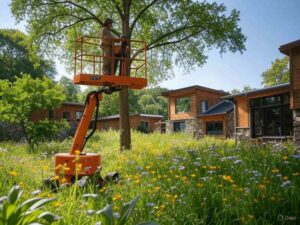Sustainable Home Upgrades: Small Shifts, Big Impact
Sustainable home upgrades have become an essential part of how we rethink our living spaces. In recent years, especially after 2020, many of us have begun to look at our homes differently. They are no longer just a place to sleep or store our things. They’ve become sanctuaries, workspaces, family hubs, and places of healing.
Sustainable Home Upgrades: Small Shifts, Big Impact Read More »




